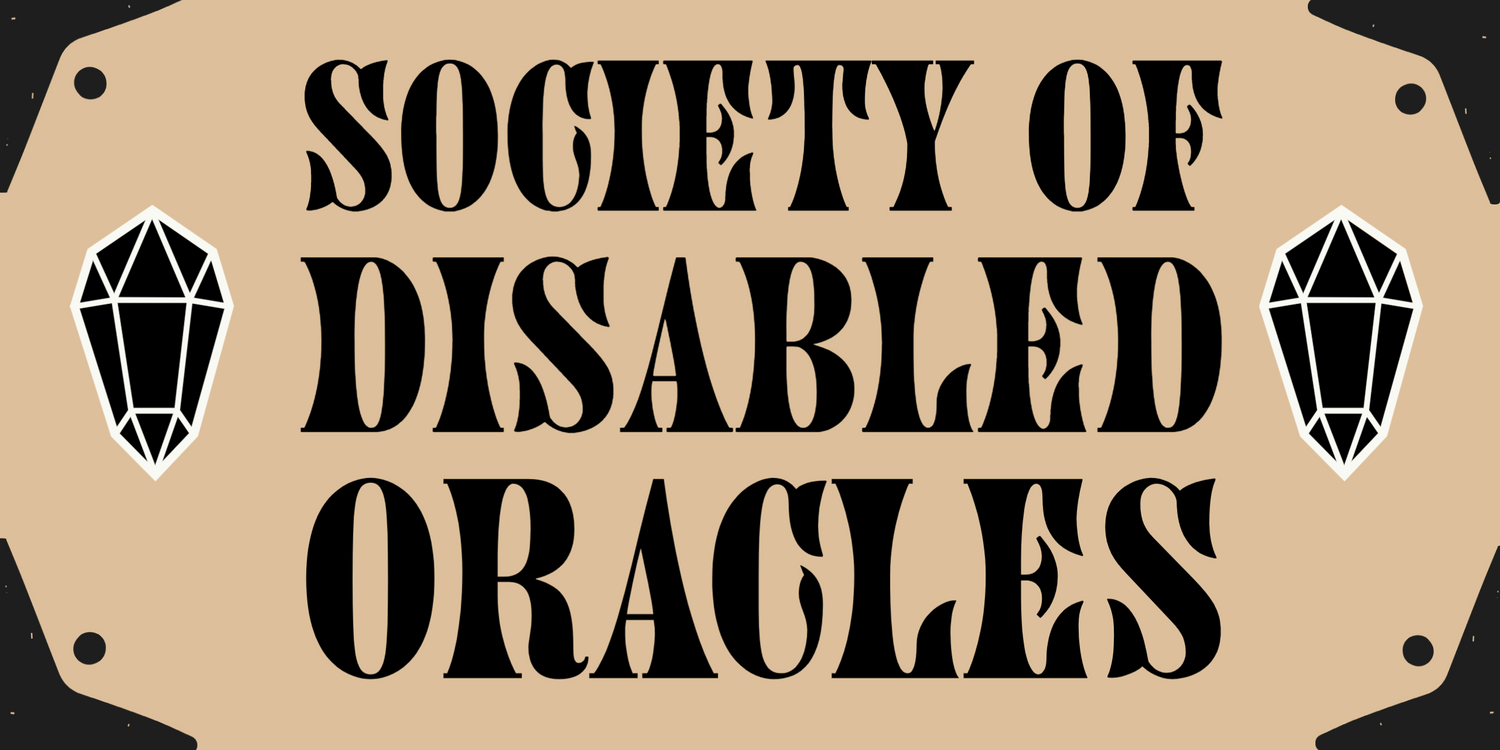Crip futurism
I'm newly and invisibly disabled. I'm still learning so much about my internalised ableism, and the ableist world I inhabit here and now. But what's been troubling me most recently is the overwhelmingly ableist visions of the future, especially among progressive communities.
I've had a couple of personal experiences which affected me deeply.
Transport has been a bugbear for me in recent years, so I signed up to participate in some focus groups led by Transport for All. I expected to be in a public transport group but instead landed in one about cars and private transport. In it, I learned that wheelchair users and other disabled people are especially critical of electric vehicle infrastructure (e.g. the placement and design of charging points) and the way it has been rolled out without them in mind. They feel like they are simply an after-thought in the energy transition.
Then I attended a conference on “new economies” (just economies that stay within planetary boundaries) in which health inequities were not even touched on, let alone disability. Not even in a long list of -isms, in a tick-box way. This after a global pandemic, a mass disabling event. To be honest, it felt like a sort of gaslighting, a denial of my personal experience.
And so my eyes have been opened to the complete vacuum in what relates to disability in visions of the future. Now every time I see a depiction of zero-emissions, off-grid living, even in community, I see its glaring ableism. Even “solarpunk”.
I could never live off-grid, without a caring community designed for me to participate. I simply do not have the energy to do key tasks.
And looking beyond offgrid living, I rely on medicines that are made by industry. Until only a couple of decades ago, people like me had to eat ridiculous amounts of animal livers or they simply died. And then scientists discovered how to make in injectible form what I need to live. Key ingredients for this are currently only made in China. There is a whole supply chain that keeps me alive. Where are the depictions of what happens to medicine in progressive futures?
Scanning back to scifi of my childhood, the only disabled character in Starwars was Darth Vader. And Vader is a perfect posterboy for the usual scifi treatment of disability – a canvas for creepy transhumanist visions of “fixing” the disabled and the hiding of disability. (It turns out, now, there are rare good depictions of the disabled in scifi, but you have to know where to look!)
Others have observed that ignoring or devaluing the concerns of the most vulnerable — or suggesting that they get fixed or deleted from a future green society — is tantamount to ecofascism.
What is most frustrating about this state of affairs is that the “crip” community has so much to offer in terms of visions of the future. Quoting Emily Bazalgette, interviewed by Rae Katz
Limitless growth, limitless expansion, pushing through—we have to move away from all of that to have a livable planet and a life-affirming society. And I think chronically ill people and disabled people have so much wisdom in how to do that. But we don't have the cultural cachet where people would listen to us and respect the knowledge that comes from this lived experience.

As inspirations, she cites Ellen Samuel's seminal 2017 essay on “crip time” and recent project called The Society of Disabled Oracles, by Alice Wong and friends. I wish I had been able to participate in the live sessions there, and I hope that the materials they created can help spark a flourishing of “crip futurism”.
What the ableist world needs now is acceptance of cataclysmic change and all of the grief that comes with that. Acceptance that our Cartesian minds will destroy us, that we need to learn to listen to our bodies and to the biosphere. Acceptance that the pace of our lives must change.
Personally, I desperately need visions of the future where I can be an active, valued participant, no matter my physical or cognitive state. I need everybody involved in envisioning and testing new ways of living within our planetary boundaries to consider and include people like me at the outset, not as an after-thought.